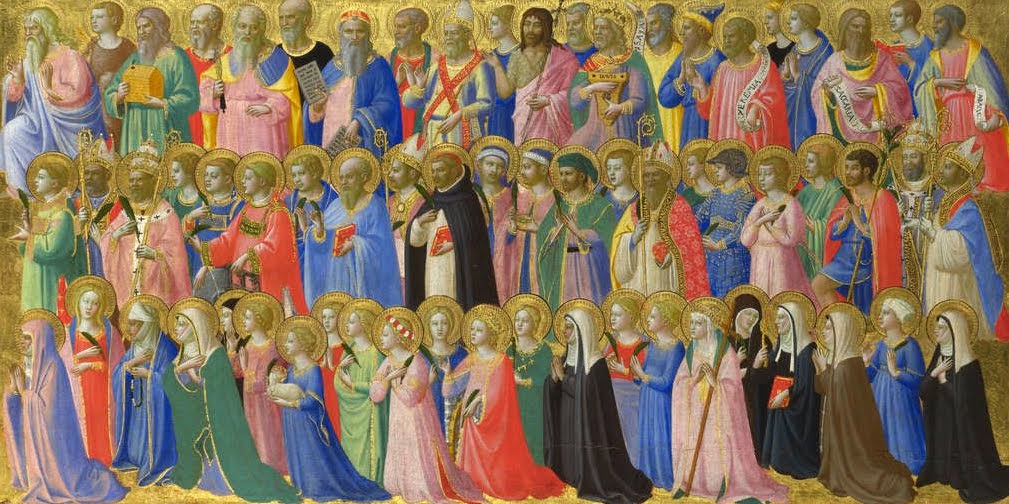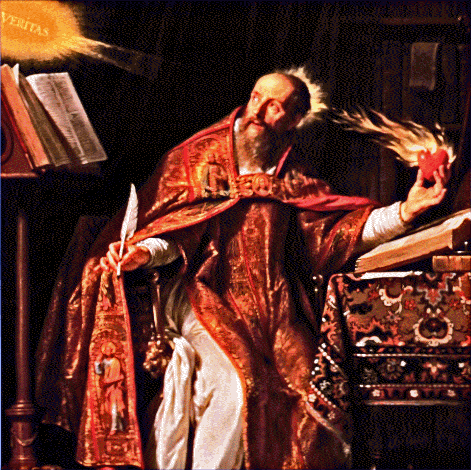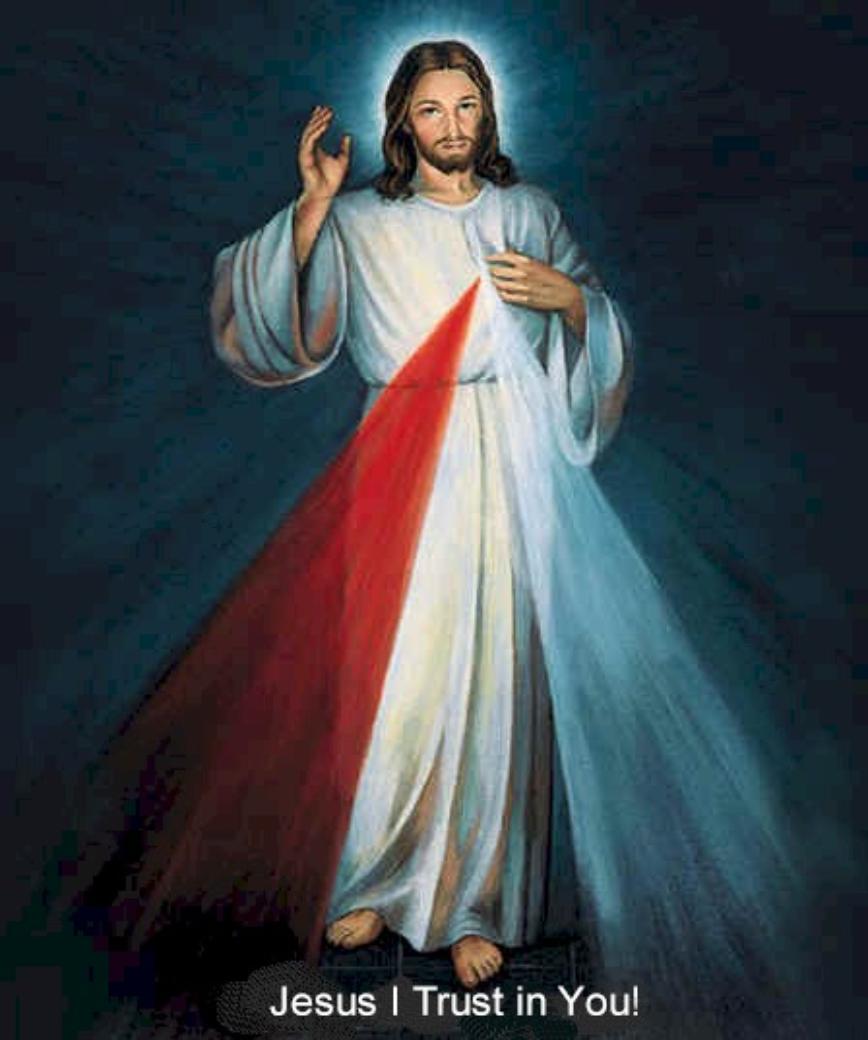 I have had the intention of writing several posts for the whole month of October but have been caught up in the business of life and not done anything beyond think about it. However, I have found several things of interest worth sharing and I have at least enough time to share one of them now. St. Bernard of Clairvaux, Doctor Mellifluis, is one of my favorite sources for spiritual reading and while the writings I usually select are mariological, today I used one of his sermons on sin for meditation.
I have had the intention of writing several posts for the whole month of October but have been caught up in the business of life and not done anything beyond think about it. However, I have found several things of interest worth sharing and I have at least enough time to share one of them now. St. Bernard of Clairvaux, Doctor Mellifluis, is one of my favorite sources for spiritual reading and while the writings I usually select are mariological, today I used one of his sermons on sin for meditation.
Sermon 63.6b on the Song of Songs, The Fox in the Vineyard (my formatting)
If this cold once penetrates the soul when (as so often happens)
the soul is neglectful and the spirit asleep and if no one (God forbid) is there to curb it,
then it reaches into the soul’s interior,
descends to the depths of the heart and the recesses of the mind,
paralyzes the affections,
obstructs the paths of counsel,
unsteadies the light of judgment,
fetters the liberty of the spirit,
and soon – as appears to bodies sick with fever – a rigor of the mind takes over:
vigor slackens,
energies grow languid,
repugnance for austerity increases,
fear of poverty disquiets,
the soul shrivels,
grace is withdrawn,
time means boredom,
reason is lulled to sleep,
the spirit is quenched,
the fresh fervor wanes away,
a fastidious lukewarmness weighs down,
brotherly love grows cold,
pleasure attracts,
security is a trap,
old habits return. Can I say more?
The law is cheated,
justice is rejected,
what is right is outlawed,
the fear of the Lord is abandoned.
Shamelessness finally gets free rein.
There comes that rash leap, so dishonorable, so disgraceful, so full of ignominy and confusion;
a leap from the heights into the abyss,
from the court-yard to the dung-heap,
from the throne to the sewer,
from heaven to the mud,
from the cloister to the world,
from paradise to hell.
the soul is neglectful and the spirit asleep and if no one (God forbid) is there to curb it,
then it reaches into the soul’s interior,
descends to the depths of the heart and the recesses of the mind,
paralyzes the affections,
obstructs the paths of counsel,
unsteadies the light of judgment,
fetters the liberty of the spirit,
and soon – as appears to bodies sick with fever – a rigor of the mind takes over:
vigor slackens,
energies grow languid,
repugnance for austerity increases,
fear of poverty disquiets,
the soul shrivels,
grace is withdrawn,
time means boredom,
reason is lulled to sleep,
the spirit is quenched,
the fresh fervor wanes away,
a fastidious lukewarmness weighs down,
brotherly love grows cold,
pleasure attracts,
security is a trap,
old habits return. Can I say more?
The law is cheated,
justice is rejected,
what is right is outlawed,
the fear of the Lord is abandoned.
Shamelessness finally gets free rein.
There comes that rash leap, so dishonorable, so disgraceful, so full of ignominy and confusion;
a leap from the heights into the abyss,
from the court-yard to the dung-heap,
from the throne to the sewer,
from heaven to the mud,
from the cloister to the world,
from paradise to hell.

































